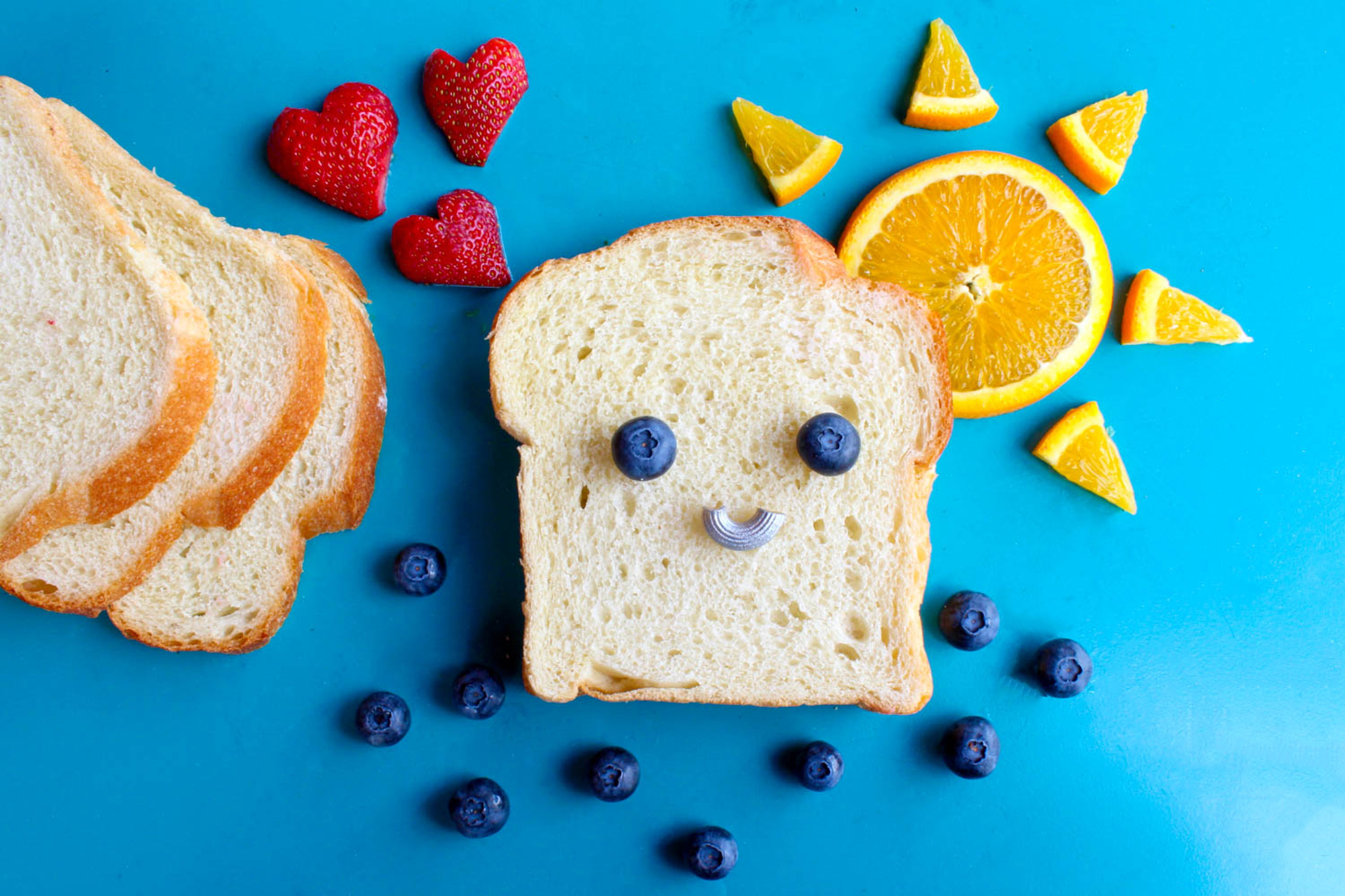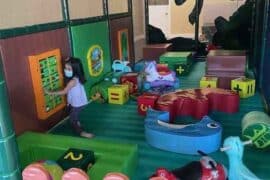How to Make Your Own Baby Food at Home: A Comprehensive Guide for Parents
Greetings super parents! Are you ready to take an exciting journey into the world of homemade baby food and discover the joy of creating nutritious, wholesome meals for your baby? You’ve come to the right place. Our handy guide will help you navigate through the process with ease and a sense of fun. Let’s get started!
Why You Should Consider Making Homemade Baby Food
First things first, why should you even consider making your own baby food? Isn’t it easier to just grab some jars or pouches from the supermarket shelf? While commercial baby food is certainly convenient, there are numerous reasons why homemade could be a better choice.
Greater Control over Ingredients
When you make your baby’s food at home, you have the freedom to decide what goes into each meal. This way, you can ensure your little one is getting the highest quality ingredients, free from additives, preservatives, or excess sugar and salt.
Economic Benefits
Despite the perception that homemade baby food could be more costly, it can actually save you money. Most of the ingredients can be sourced from your regular groceries, and preparing meals in bulk allows for freezing and longer shelf-life.
Promote Healthy Eating Habits
Homemade baby food gives you the opportunity to introduce a wide variety of fruits, vegetables, and grains to your little one’s diet. This not only ensures a well-rounded nutrition but also helps develop a broader palate and healthier eating habits in the long run.
Getting Started with Homemade Baby Food – What You Need
You don’t need to be a master chef or have fancy kitchen appliances to start making your own baby food. With basic kitchen essentials and a dash of creativity, you’re already on your way.
Essential Cooking Equipment
Look for equipment that you most likely already have in your kitchen, such as saucepans, a vegetable steamer, a good-quality blender or food processor, ice cube trays or baby food storage trays with lids for freezing portions, and more.
Choosing the Best Ingredients
When it comes to selecting the ingredients, opt for fresh, organic produce where possible. The key is to provide a variety of flavors, textures, and nutrients to your baby.
Next, we will dive into the process of how to make your own baby food at home. Keep your apron ready!

Credit: Pexels
How to Prepare Homemade Baby Food: A Step-by-Step Guide
Making your own baby food can seem daunting at first, but once you get the hang of it, it can be quite rewarding.
Step 1: Choose and Prep Your Ingredients
Start by thoroughly washing fruits and vegetables. If you’re using meats, trim any visible fats and remove skin and bones. Remember, the fresher the produce, the greater the nutritional value for your little one.
Step 2: Cook the Ingredients
Most foods should be cooked until they are nice and soft. Steaming is a fantastic cooking method as it helps retain the maximum nutrients.
Step 3: Puree or Mash
Once the food is properly cooked and cooled, puree or mash it until it reaches the desired consistency. For very young babies, a smooth texture is best.
Step 4: Store Carefully
Portion the pureed food into ice cube trays or baby food storage containers and freeze. Once frozen, transfer the cubes to a freezer bag, label with the date, and store for up to three months.
Safe Baby Food Practices to Remember
Even as you’re enjoying the fun process of making your own baby food, it’s crucial to remember some safety tips.
Avoid Honey, Nuts and Cow Milk Before Your Baby’s First Birthday
Some foods can be harmful to babies under one year. These include honey (due to the risk of botulism), nuts (choking hazard), and cow milk (tough on baby’s digestive system).
Always Practice Good Hygiene
Ensure all your cooking utensils are clean and wash your hands thoroughly before food preparation to prevent foodborne illnesses.
Pay Attention to Allergies
Introduce new foods one at a time (allow 3 – 5 days between each new food) to watch out for potential allergies.
Homemade baby food can offer a world of possibilities for your baby’s nutrition and palate. Embrace the process and enjoy the beautiful journey of nourishing your little one. Happy cooking!
5 Essential things parents should know when making their own baby food at home
Preparing your baby’s food at home is a fantastic way to ensure your little one is getting the best, most nutritious meals. Here we discuss 5 crucial things you need to know.
Choose the Right Ingredients
The quality of the ingredients is paramount in preparing baby food. Choose ripe fruits and fresh, organic vegetables whenever possible for the best nutritional value. Also, it’s important to introduce one food at a time to determine any allergic reactions.
Puree to the Right Consistency
The texture of the baby food changes as your baby grows. Start with semi-liquid puree for younger babies and thicker mash for older babies. A blender or a food processor can do the job perfectly.
Know the Safe Storage and Serving Techniques
Cooked baby food can be stored in the refrigerator for up to 48 hours. Alternatively, you may freeze them for up to 3 months. Always thaw the frozen baby food in the refrigerator and heat it before serving.
Maintain Hygiene and Safety
Keeping your kitchen and utensils clean is key to preventing contaminated baby food. Ensure you wash your hands, your baby’s hands, and utensils before preparation.
Seek Pediatrician’s Advice
Before starting to make your own baby food, it’s vital to discuss this with your baby’s pediatrician. They can provide you with guidance on food choices, allergies, and when to introduce new foods.
In conclusion, making your own baby food at home can be an exciting journey! It gives you full control over what goes into your baby’s food and gives you peace of mind knowing you’re providing the most nutritious meals. Also, it can be significantly cheaper than store-bought options!
For more great articles please see here. For more information on raising children see here
Disclaimer
The articles available via our website provide general information only and we strongly urge readers to exercise caution and conduct their own thorough research and fact-checking. The information presented should not be taken as absolute truth, and, to the maximum extent permitted by law, we will not be held liable for any inaccuracies or errors in the content. It is essential for individuals to independently verify and validate the information before making any decisions or taking any actions based on the articles.




